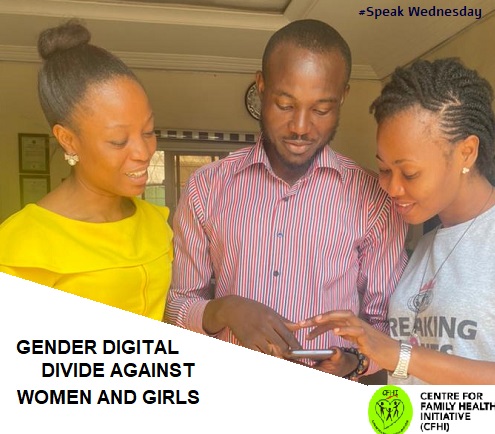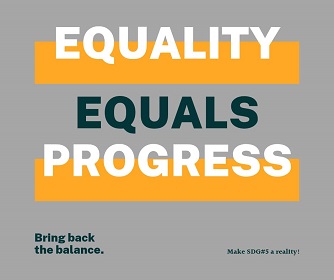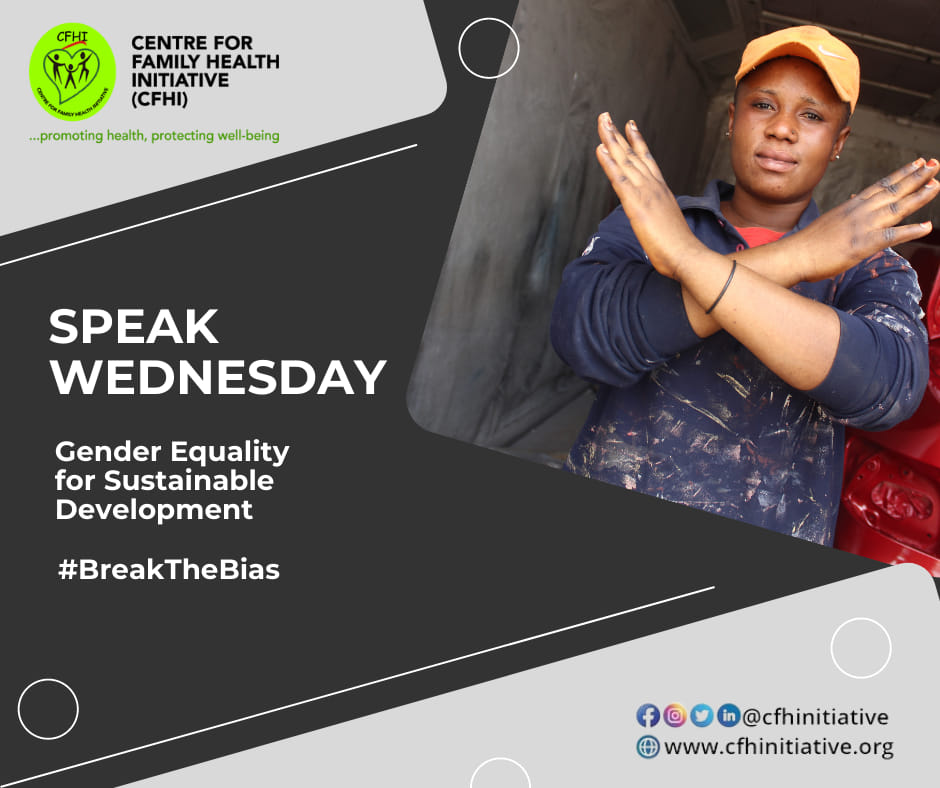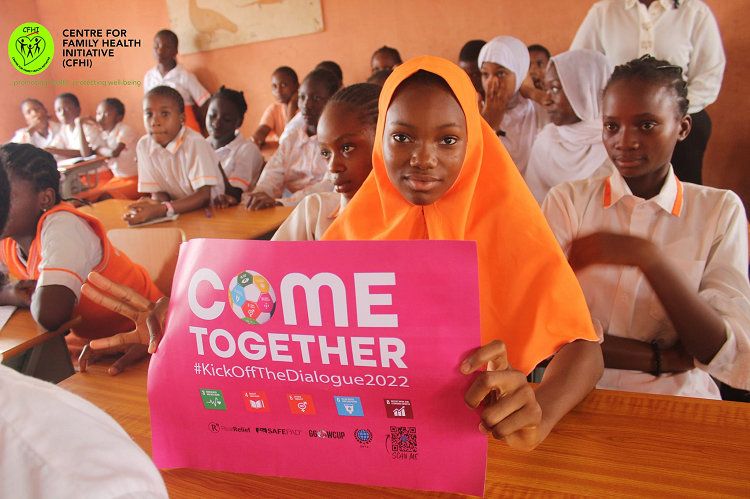GENDER DIGITAL DIVIDE AGAINST WOMEN AND GIRLS
Digital divide according to Investopedia, encompasses the technical and financial ability to utilize available technology, along with access (or a lack of access) to the internet.
As observed in education and other areas of life, women and girls face a wide divide in the digital space which is significantly taking over the universe and economic opportunities with the world adjusting to the change. This indicates that gender disparity has also found its undeserving place in the digital world.
This wide gender gap in digital access, literacy and skills is caused by the social norms, gender roles and expectations of women in the household. This includes the negative stereotyping of women and girls in their career paths and the assumptions that boys and men do better in science, technology, engineering, and mathematics (STEM) fields than girls.
The digital divide against women and girls will worsen gender discrimination and promote unequal access to employment opportunities for girls, which can lead to financial lack and poverty.
Government and stakeholders can work towards the inclusion of girls and women in the digital ecosystem and close the gap by ensuring that girls are educated and have access to ICT, improve gender-responsive systems and programs, and the like.
Speak Wednesday is an initiative of CFHI to address issues around gender-based violence and gender bias.
#SpeakWednesday #Genderbias #GenderDigitalDivide
GENDER DIGITAL DIVIDE AGAINST WOMEN AND GIRLS Read More »








